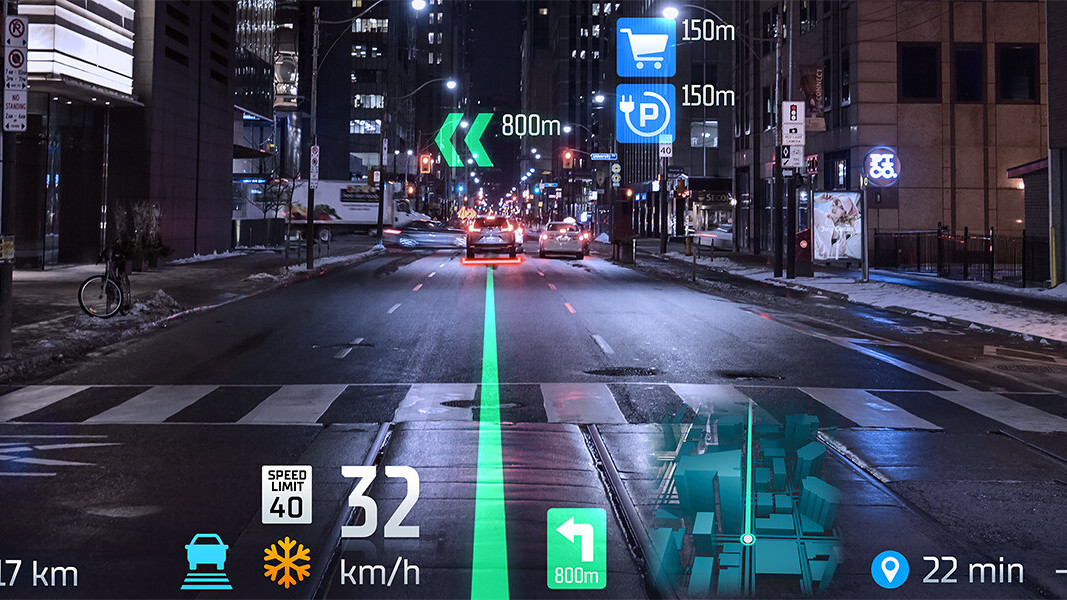
Helsinki-headquartered Basemark has raised €22mn to bring its augmented reality (AR) “toolkit” to automakers across the globe.
Basemark’s software, dubbed Rocksolid AR, is an AI-based computer vision system that enables carmakers to develop their own AR applications for Heads-up Displays (HUDs).
Car companies are embracing AR HUDs as a means of relaying important information to the driver. Instead of having to look down at a screen, HUDs project real-time driving guidance, alerts, and other information onto the windshield.
Many cars on the road already use this technology, but it is getting more and more advanced each year. It’s designed to improve situational awareness and overall safety while driving.
Unlike most companies in the space, which develop their own AR software to sell to manufacturers, Rocksolid AR is a kind of toolkit that helps carmakers develop their own AR technologies, tailoring them to their specific needs.
“OEMs (original equipment manufacturers) want to become software developers themselves because of the software-defined car megatrend,” explained Tero Sarkkinen, founder and CEO of Basemark.
“However, AR development is very slow, expensive, and tedious to learn, requiring expertise in AI, computer vision, graphics, and embedded systems — that’s why we developed Rocksolid AR,” he said.
Rocksolid AR includes advanced localisation and motion tracking mechanisms to ensure AR content is always “anchored” correctly to real-world objects, regardless of motion or vibration. It also uses algorithms to combat latency.
Software-defined vehicles
Last year, BMW unveiled two concept cars — Dee and Vision Neue Klasse — that both feature AR HUDs. The German carmaker didn’t mention which company it would use to power the screens. However, BMW previously partnered with Basemark to bring the tech into its iX models.
The adoption of AR HUDs comes as the automotive industry pushes into advanced driver assistance systems (ADAS) and other forms of autonomous driving. Polestar, for instance, last year announced the inclusion of “hands-free, eyes-off driving” tech in its Polestar 4 SUV.
“Augmented reality serves as an integral component of the Software Defined Vehicle megatrend that is guiding the automotive industry toward full autonomy,” Remy de Tonnac, senior partner at ETF Partners, one of Basemark’s new investors.
Basemark will use the fresh capital to deepen its business with carmakers in Europe and the US and fund its international expansion to Japan, China, and South Korea.
The company secured its first series production deal with an OEM in the US last year. Existing customers include “well-known” OEMs and Tier-1 companies from Germany, France, Italy, and UK — but it’s not naming names.
This latest funding round brings Basemark total raised to €34mn since it was founded in Helsinki in 2015. Alongside the ETF, investors include Finnish Industry Investment (Tesi), Constructor Capital, Business Finland, and the European Innovation Council.
Get the TNW newsletter
Get the most important tech news in your inbox each week.





